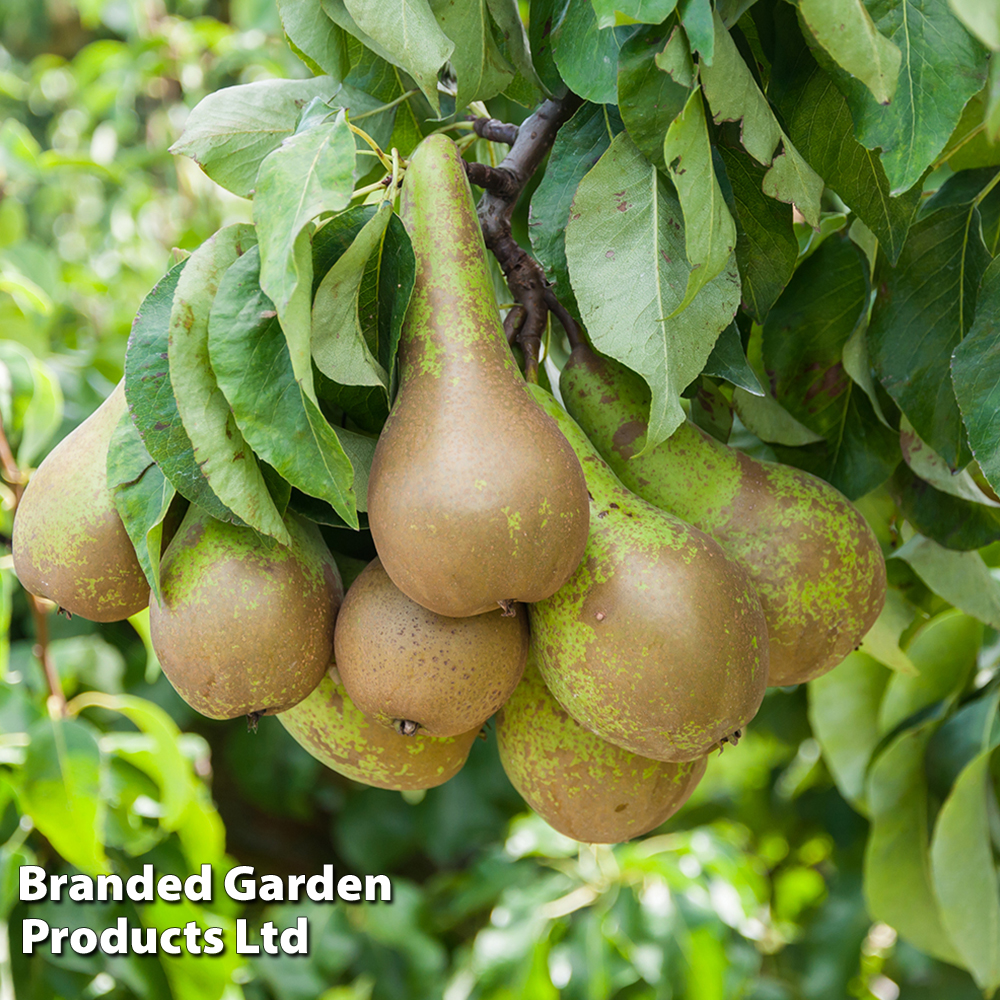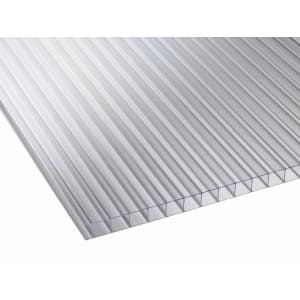-
europe designer nurse uniform medical scrubs wholesale

50.00
More Information -
Pear 'Wonder Tree Conference' (Patio Pear)

74.99
More Information -
ACER Aspire 3 Spin 14" 2 in 1 Refurbished Laptop - Intel®Core i3, 256 GB SSD, Silver (Excellent Condition), Silver/Grey
379.00
More Information -
Carysil LED Touch Square Neck 4-in-1 Hot Water Kitchen Tap - Matt Black
749.00
More Information -
Coach Women's Marley Coated Canvas Driving Shoes - Tan - UK 3

75.00
More Information -
BEKO BCSM473 Integrated 70/30 Fridge Freezer - Sliding Hinge
379.00
More Information -
BLACK&DECKER BXFP51001GB 16" Pedestal Fan Black, Black
59.99
More Information -
3-Piece Wooden Kitchen Cart Mobile Rolling Trolley Folding Bar Table Two Stools Dining Chair Storage Shelf w/2 Drawers & 6 Wheels

149.99
More Information -
4 Seater Outdoor Dining Set Antique Cast Aluminium Garden Furniture Set with Cushions Round Dining Table with Parasol Hole

659.00
More Information -
Blended Loam Topsoil Bulk Bag

129.99
More Information -
LACIE Mobile Drive V2 Portable Hard Drive - 2 TB, Silver, Silver/Grey
94.99
More Information -
4 Pc Doverdale Sofa Set

799.99
More Information -
BISSELL 1089E Wash and Protect 2X Professional Carpet Cleaner
21.99
More Information -
10mm Clear Multiwall Polycarbonate Sheet - 4000 x 1220mm
120.00
More Information -
ABODE AMD2004GRG Solo Microwave - Green, Blue,Green
64.99
More Information -
HP x360 11 EMR Active Stylus for Chromebook x360 11 G1 Education Edition

51.94
More Information
Starting a UK garden is simpler than you think. First, scope your space: balcony, patio, or plot? Note how much sunlight it gets.
Next, plan what to grow. Easy veg like lettuce, tomatoes (indoors to start), and herbs are great. For flowers, try marigolds or nasturtiums. Choose plants suited to your space and the UK climate.
Soil is key. Improve it with compost. Grab basic tools: gloves, trowel, fork, and a watering can.
Plant at the right time (generally now until May for many things!). Water deeply but not daily. Keep an eye out for pests. Don't be afraid to ask for advice at local garden centres or online. Gardening is a rewarding journey – enjoy the process!
Click here for more.
'Sweet Summer' gives a heavy crop of large, sweet and juicy berries.
It's an 'everbearer' variety which will fruit throughout summer and into autumn, each plant producing as much as a kilo throughout the season.
As the growing plants produce few runners they stay nice and tidy and are perfect for container growing too.
Plants are not troubled by disease and very easy to grow.
Supplied as a pack of 10 fresh bare rooted runners, ready to plant straight out.








